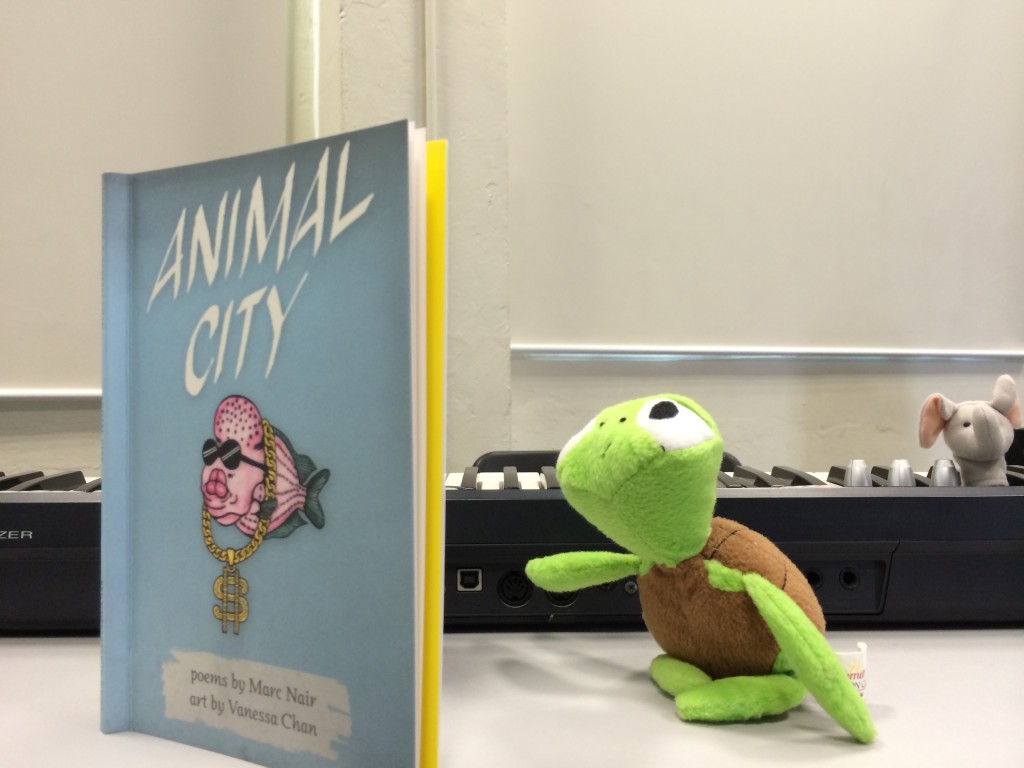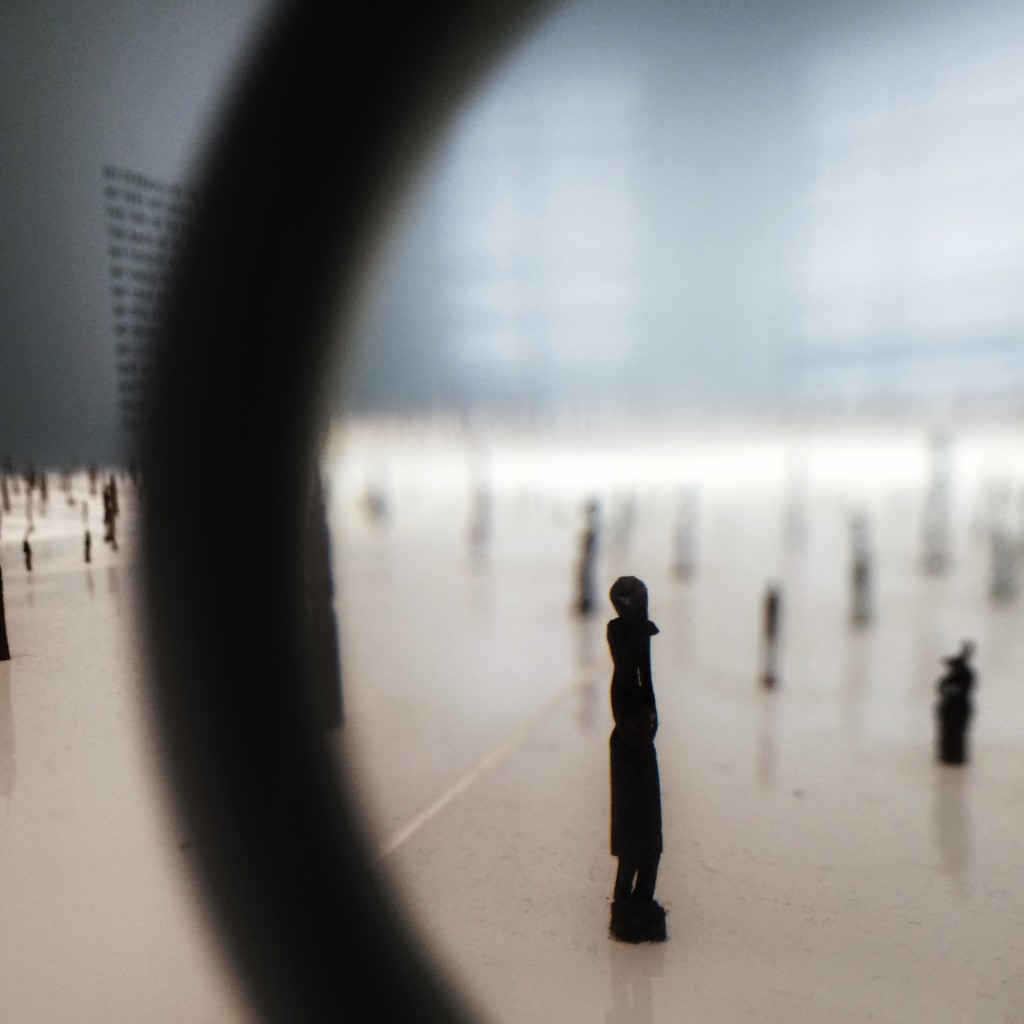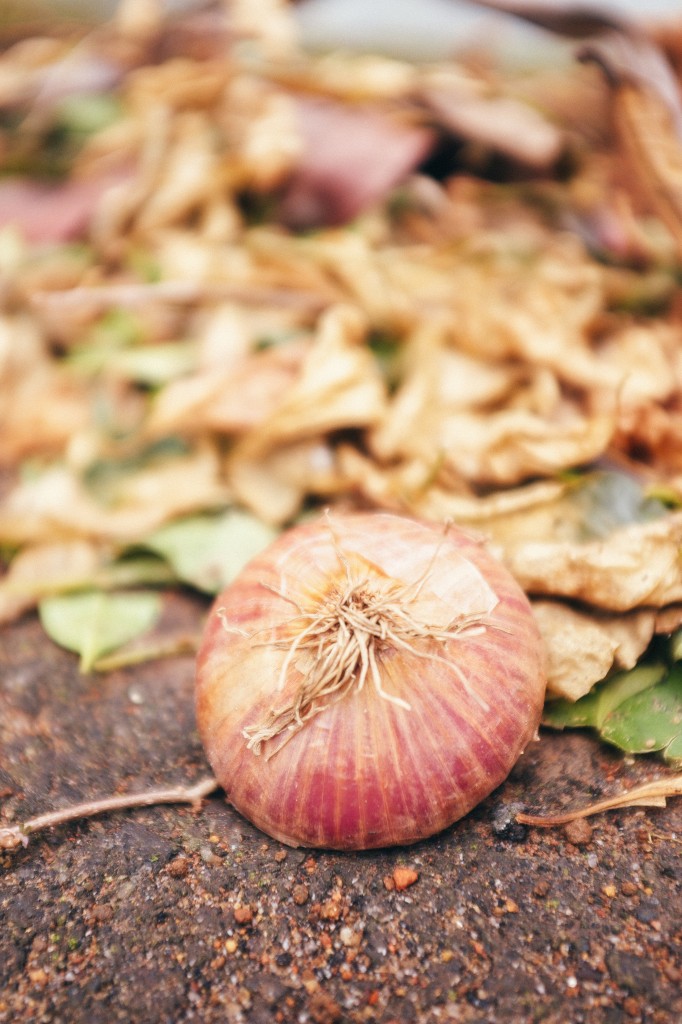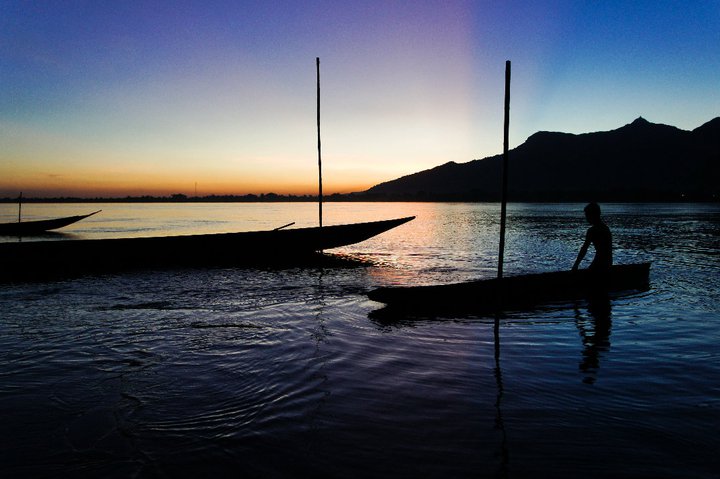Here’s a review of Animal City when it launched back in August. Thanks Allee for writing about it! She wrote this as part of her class, EN3263 – Singapore Literature in Context at NUS, taught by Prof Philip Holden, who taught me back when I was in NUS.
You can find more reviews/experiences of various literary activities here: http://pulauu.wordpress.com/
Photography by Amelia Rhea.
On 23rd August I attended the launch of Animal City, a collection of children’s poems written by Marc Nair and illustrated by Vanessa Chan. The event was hosted at Aliwal Arts Centre by Red Wheelbarrow books, alongside an impressive collection of food and free Sapporo. The poems were interestingly read alongside music by Marc’s band, Neon and Wonder, which had a largely alternative, electronic-funk sound.
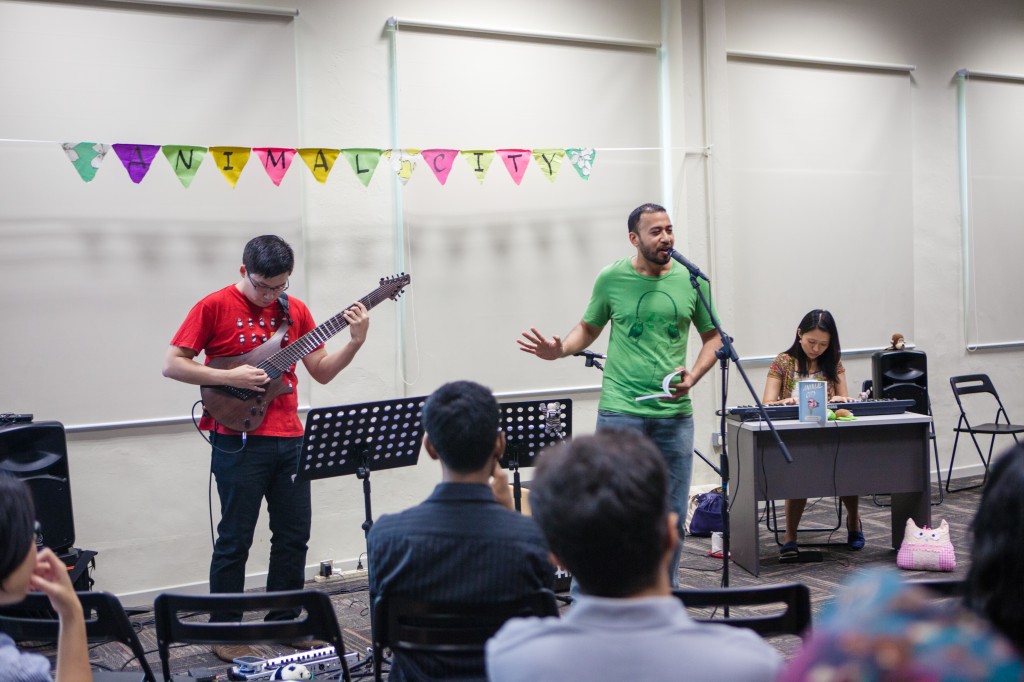
Animal City depicted the “concrete jungle” – a displacement of actual animals out of the wilderness and other organic settings into an urban environment, specifically Singapore. It featured monkeys in a mafia (“Monkey Mafia”), a rather debonair cockroach (“Colin the Cockroach”) and an elephant navigating the vagaries of a road crossing (“Elton Elephant Goes Shopping”). The collection displayed a largely eccentric and yet consistent rhyme scheme, a la Dr. Zeus, quite fitting for its intended audience. However, Vanessa’s street-art type illustrations – a luohan fish decked out in the bold chain and sunglasses of American rappers, a Persian cat adorned with a peacock feather headdress, etc. made it clear that this was far from your typical children’s book. If anything, it was a consistent attempt to re-invent the traditionally idealistic genre in a cosmopolitan setting where we are simultaneously amazed and appalled by the increasing worldliness of children. (Case in point: my six-year-old nephew finding out about the massive leak of naked celebrity pictures before I did)
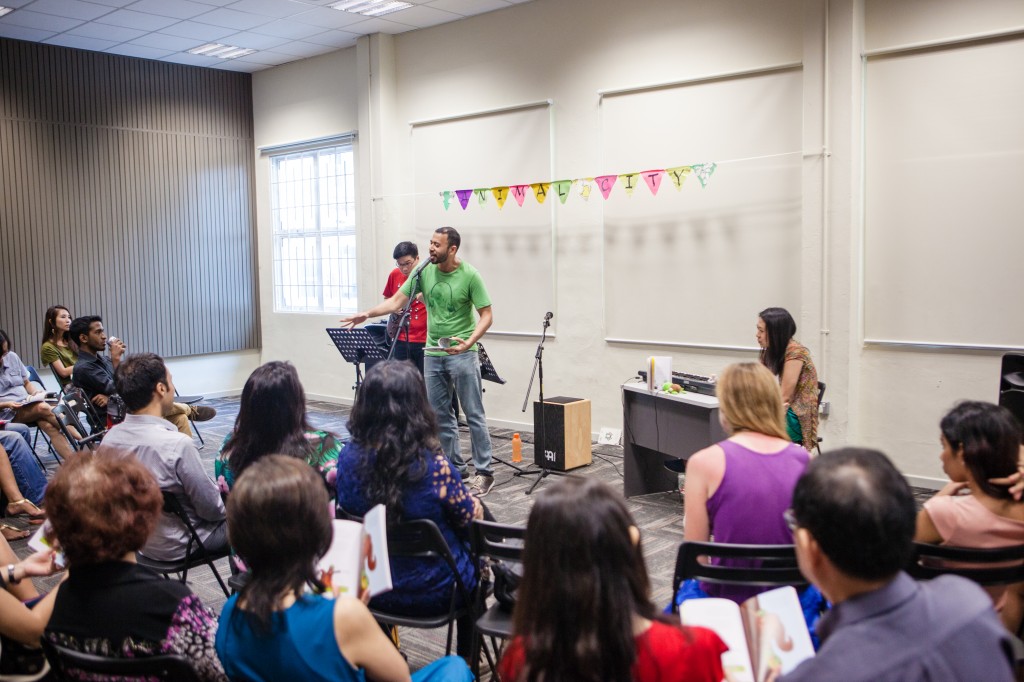
I found the afternoon quite enjoyable and extremely refreshing for this reason as well as the masterful, multi-disciplinary blending of music with poetry. A careful manipulation of meter, rhythm and syntax allowed for the poem to be read in harmonious accordance with the beat of the music. One example was Marc’s reading of “The Howling Cats”, which traces the shenanigans of a pack of alley cats in the evening. He varied his speed and rhythm to suit the accompanying jazz bass standard played by guitarist Daniel Tan, so it effectively transformed into a song. The added auditory dimension made the poem more real, for lack of a better word, providing the audience with an amplified experience that transcends the two-dimensional page. His easy manner and open-handed humour also went over very well with the audience, nearly all of who participated when asked. This eventually culminated in a room full of expats, forty/thirty-somethings and a small collection of people my age forming a rousing chorus of “Pigeon Pooping Contest!”
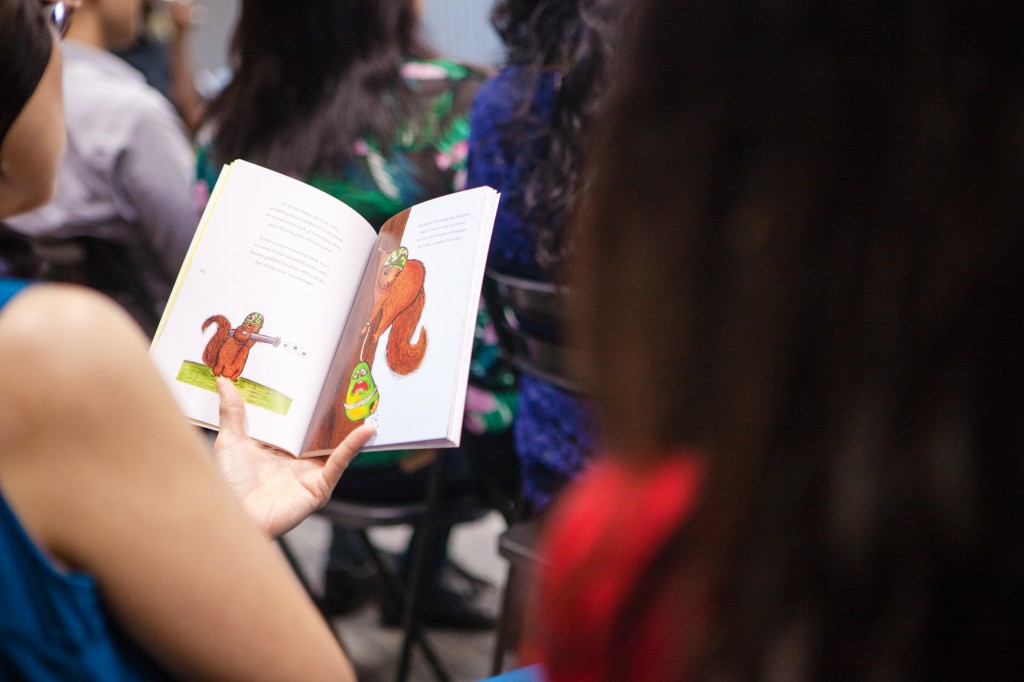
The experience was also particularly relevant to Shklovsky’s idea of “defamiliarization” discussed in week 2. One of the lines in the reading that struck me was when he declared that it aimed to “recover the sensation of life from habitualization, to make one feel”. Animal City accomplishes this in two ways – firstly, through the aforementioned added dimension of sound. We have been socially and culturally conditioned to accept the verbal reading of poems as normal; if anything, the lyrical poetic forms were made for reading and performing. The addition of music complicates this understanding. Not only do we have to decipher the meaning of the words themselves in their configurations, we have to pry apart the implications of melody and rhythm. The extended period of time we spend musing on the poem, this lingering slowness, allows us to reach new depths and dimensions of feeling. There is not just more to feel, we feel for longer.
Secondly, the illustrations accompanying the various poems are defamiliarizing. What would you expect in a children’s book? It is likely they would be animals of the colour-penciled, soft pastel toned variety. This is the “habit” or expectation that we have grown used to in our reading. Vanessa’s illustrations, as previously mentioned, are far from this ilk. Done boldly in marker and line art, her animals are vivid with well-defined hard lines. The images jolt the words from the page, displacing the reader’s usual expectations of a children’s storybook. In my case, my first thoughts were along the lines of – I’ve never seen a luohan fish looking so badass. Effectively, the use of these images allow Animal City to continue defamiliarizing its audience, retaining the ability to make them feel and think on the subject matter presented, even without an auditory dimension.”
